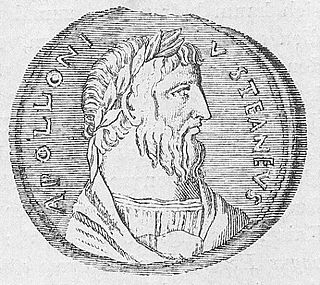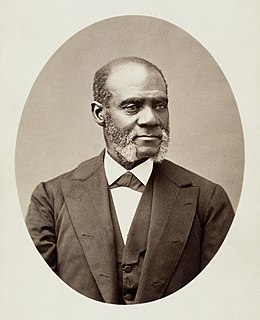A Quote by William Penn
Passion is the mob of the man, that commits a riot upon his reason.
Related Quotes
The feeling of patriotism - It is an immoral feeling because, instead of confessing himself a son of God . . . or even a free man guided by his own reason, each man under the influence of patriotism confesses himself the son of his fatherland and the slave of his government, and commits actions contrary to his reason and conscience.
A man must fortify himself and understand that a wise man who yields to laziness or anger or passion or love of drink, or who commits any other action prompted by impulse and inopportune, will probably find his fault condoned; but if he stoops to greed, he will not be pardoned, but render himself odious as a combination of all vices at once.
Are we aware of our obligations to a mob? It is the mob that labor in your fields and serve in your houses - that man your navy, and recruit your army - that have enabled you to defy the world, and can also defy you when neglect and calamity have driven them to despair. You may call the people a mob; but do not forget that a mob too often speaks the sentiments of the people.
The educated man pictures a horde of submen, wanting only a day's liberty to loot his house, burn his books, and set him to work minding a machine or sweeping out a lavatory. 'Anything,' he thinks, 'any injustice, sooner than let that mob loose.' He does not see that since there is no difference between the mass of rich and poor, there is no question of setting the mob loose. The mob is in fact loose now, and--in the shape of rich men--is using its power to set up enormous treadmills of boredom, such as 'smart' hotels.
Almost all men are born with every passion to some extent, but there is hardly a man who has not a dominant passion to which the others are subordinate. Discover this governing passion in every individual; and when you have found the master passion of a man, remember never to trust to him where that passion is concerned.
What gives life meaning is a form of rebellion, rebellion against reason, an insistence on believing passionately what we cannot believe rationally. The meaning of life is to be found in passion—romantic passion, religious passion, passion for work and for play, passionate commitments in the face of what reason knows to be meaningless.










































